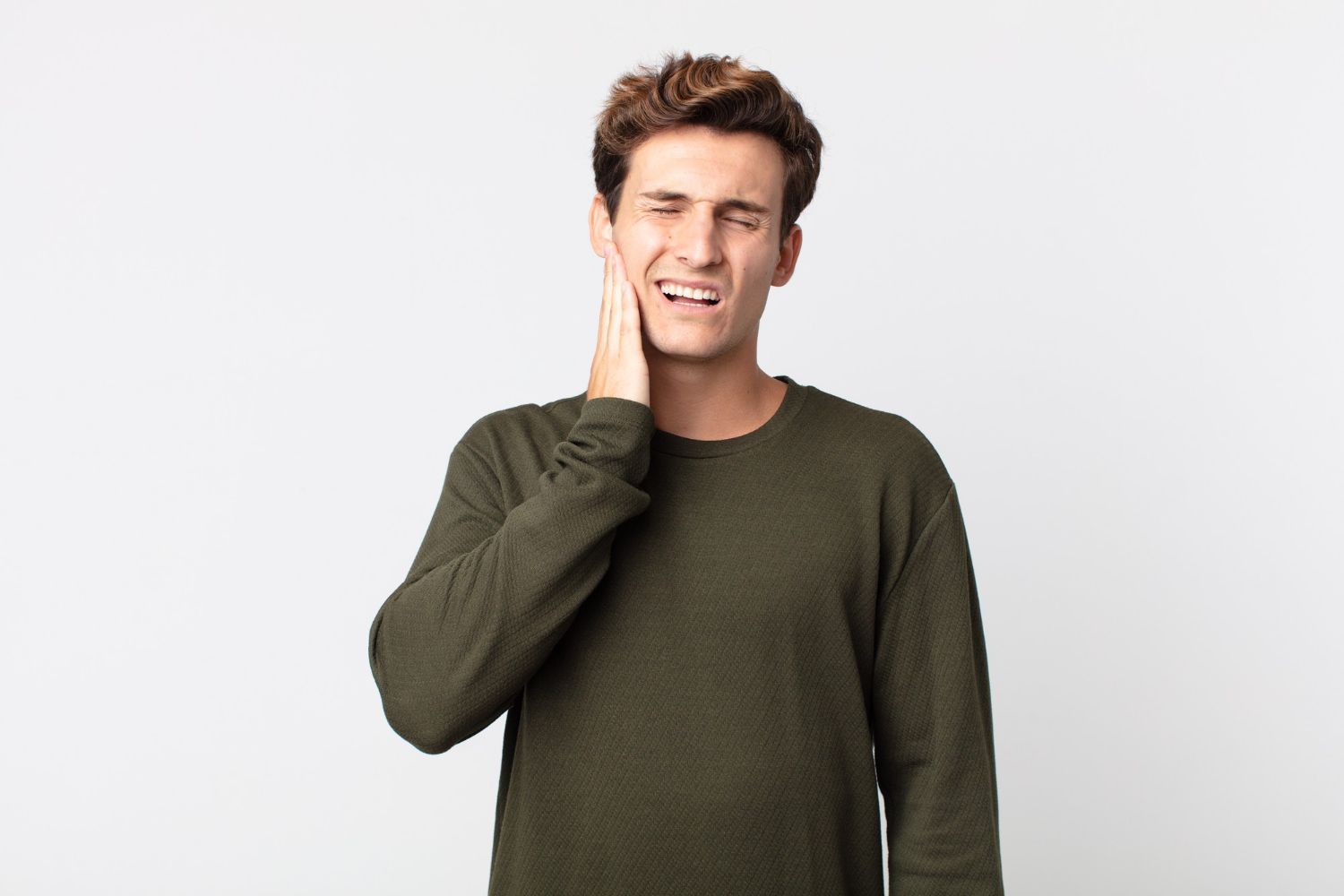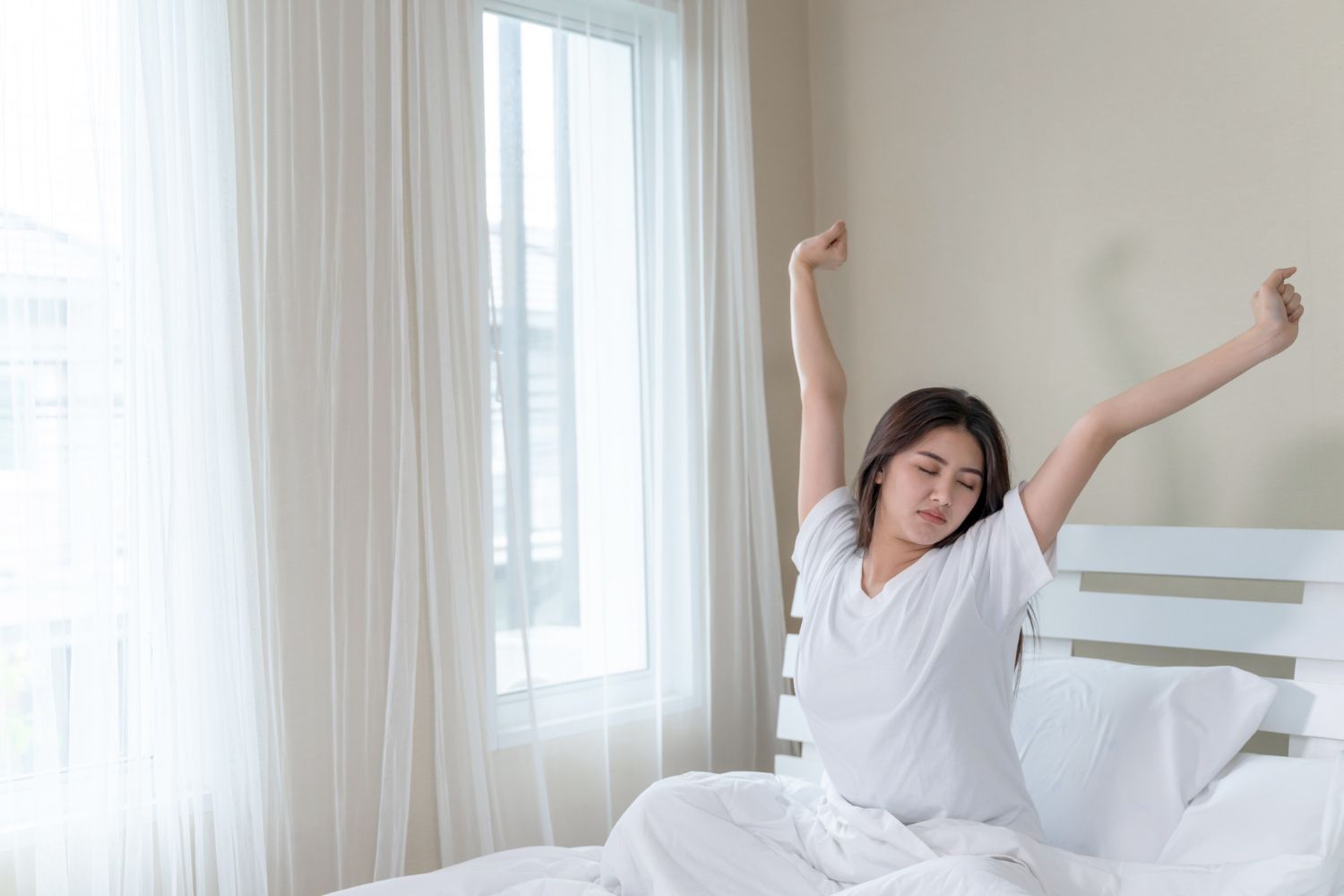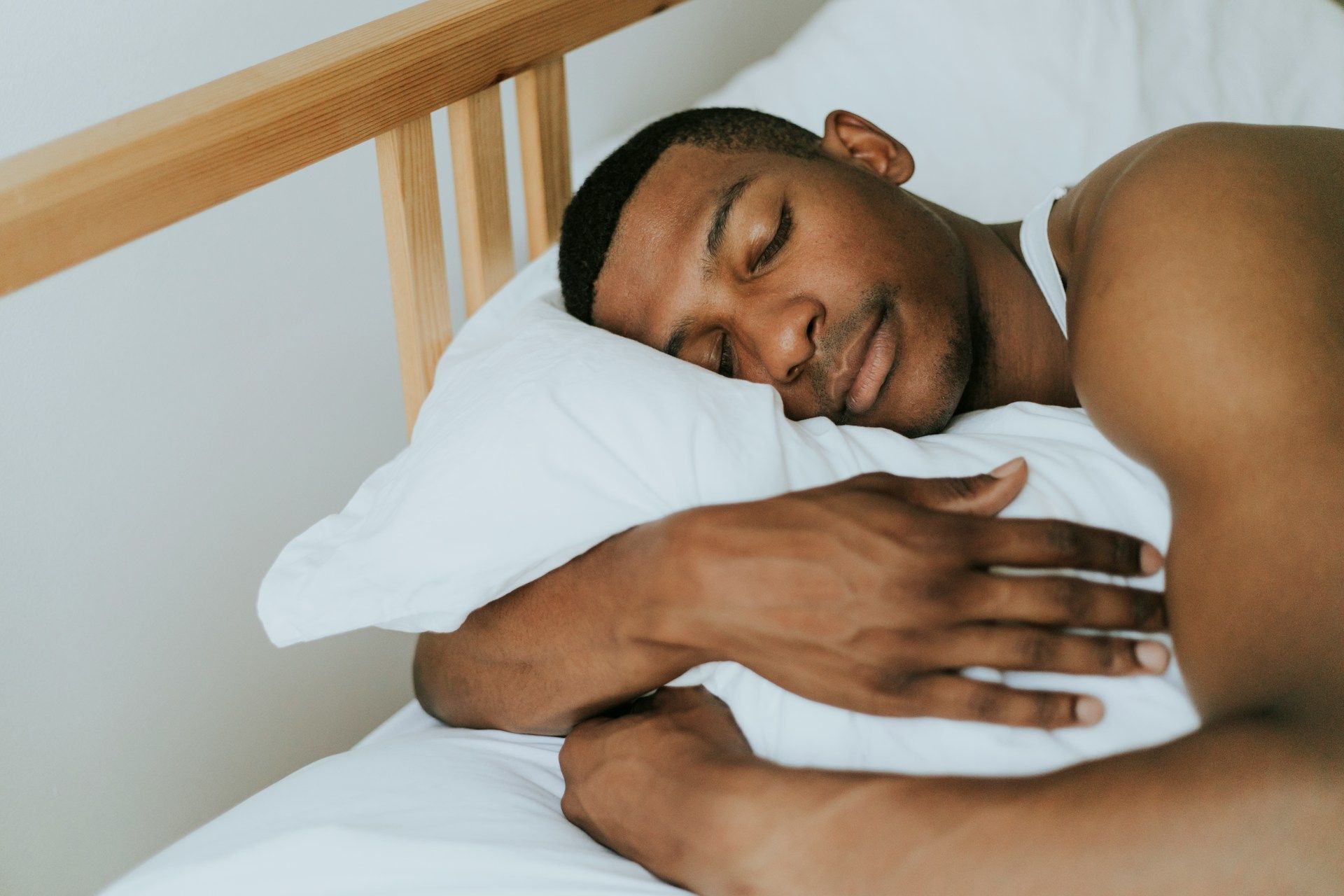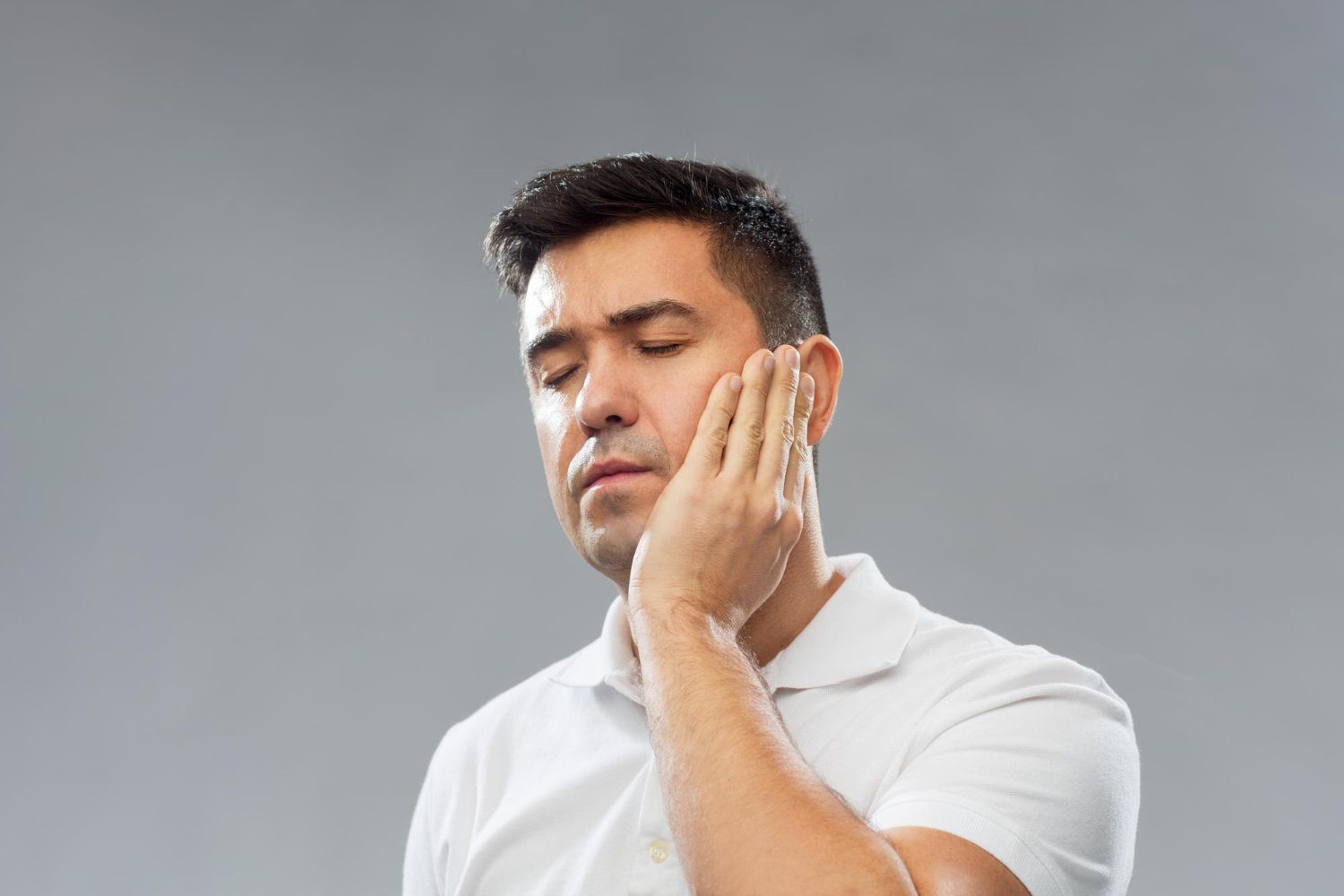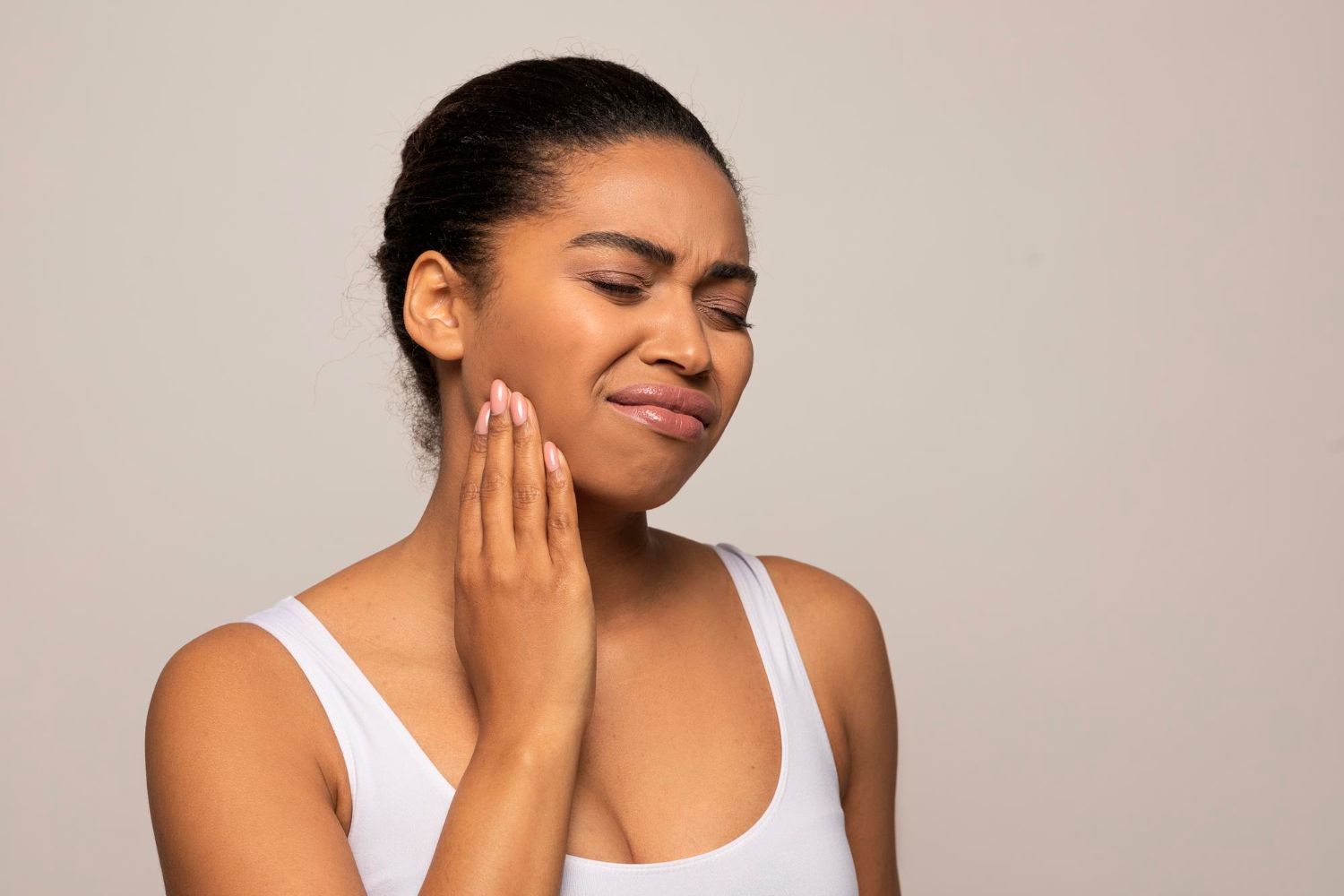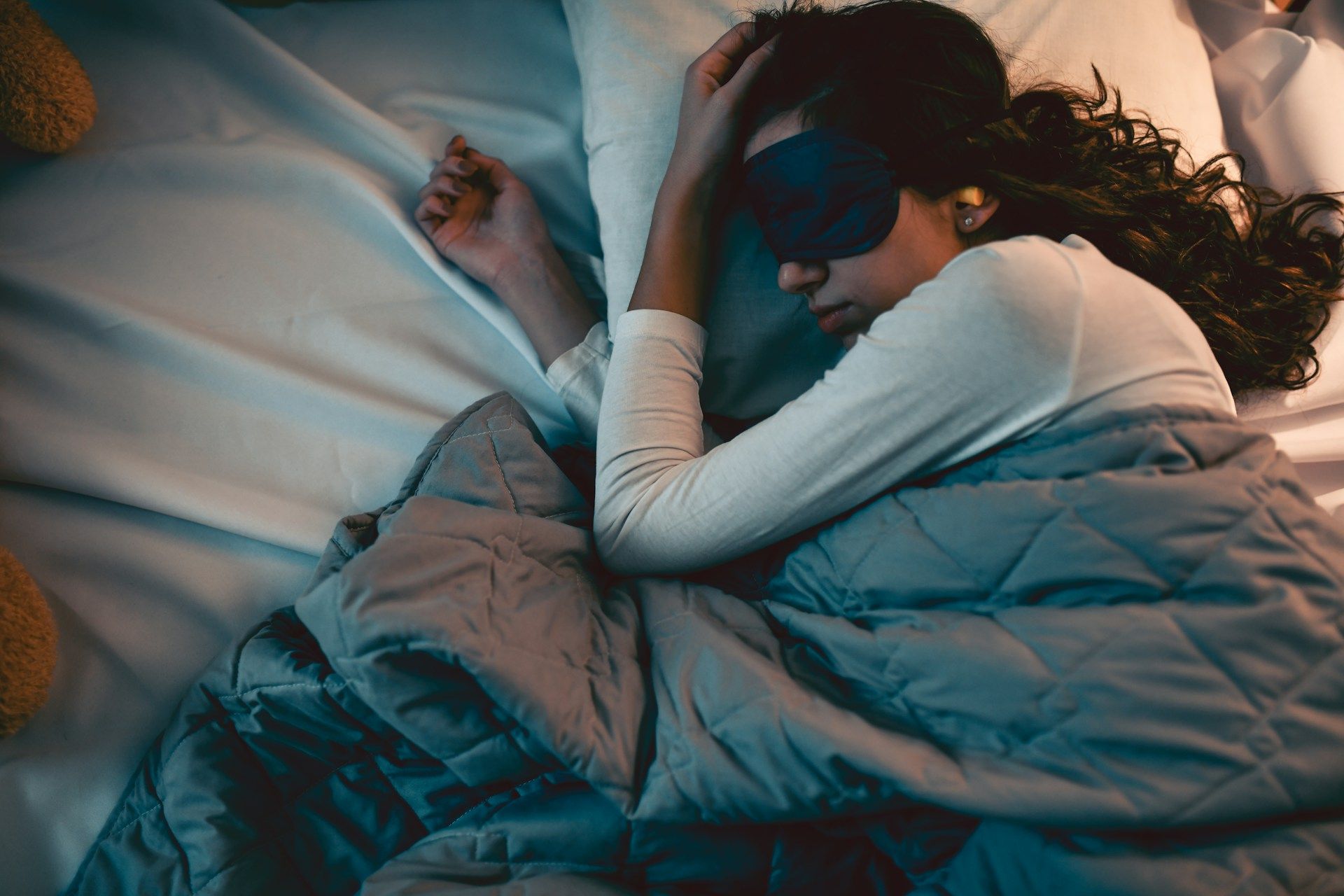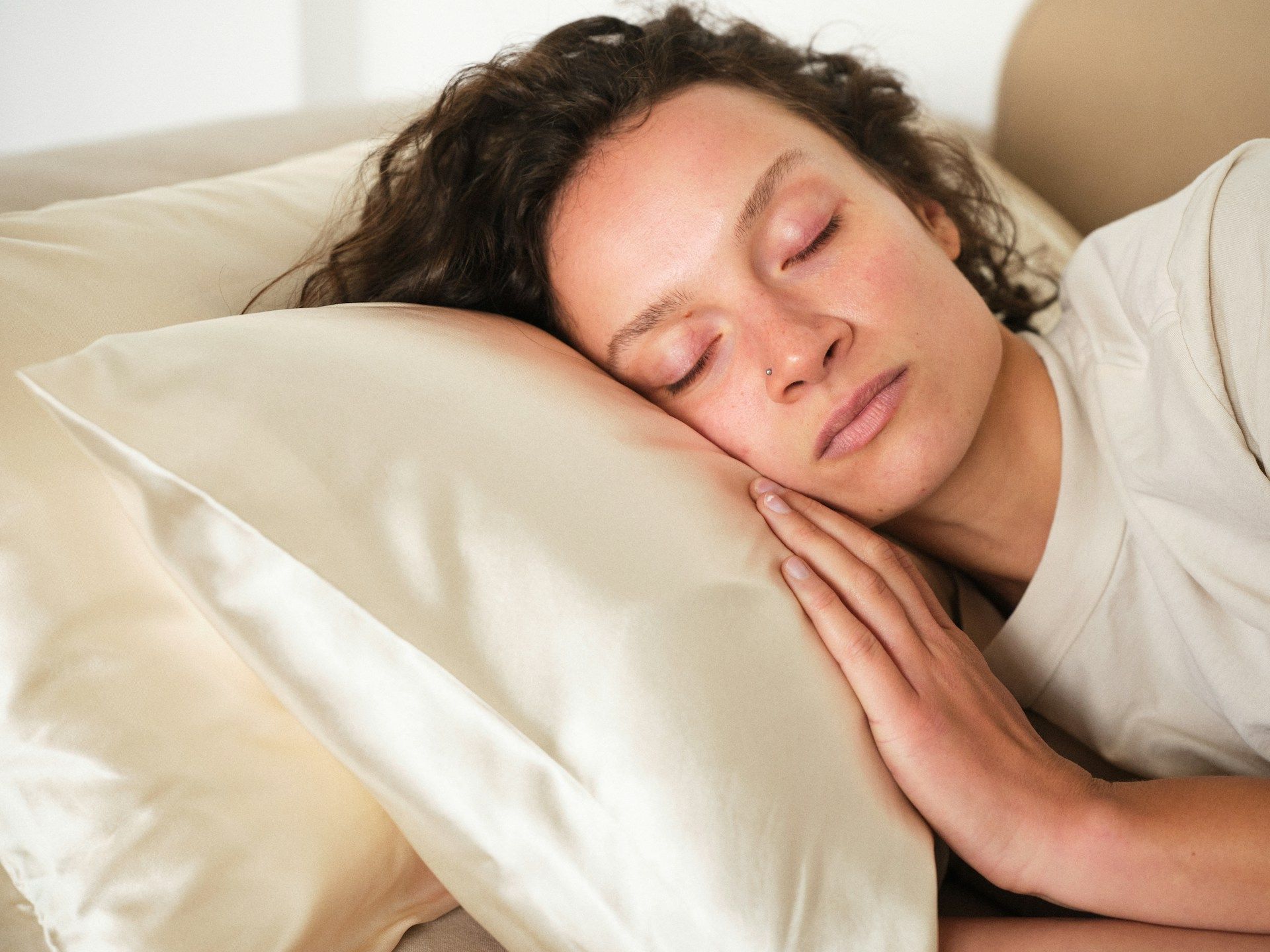Identifying Signs of Sleep Apnea in Children | The Center for Sleep Apnea and TMJ
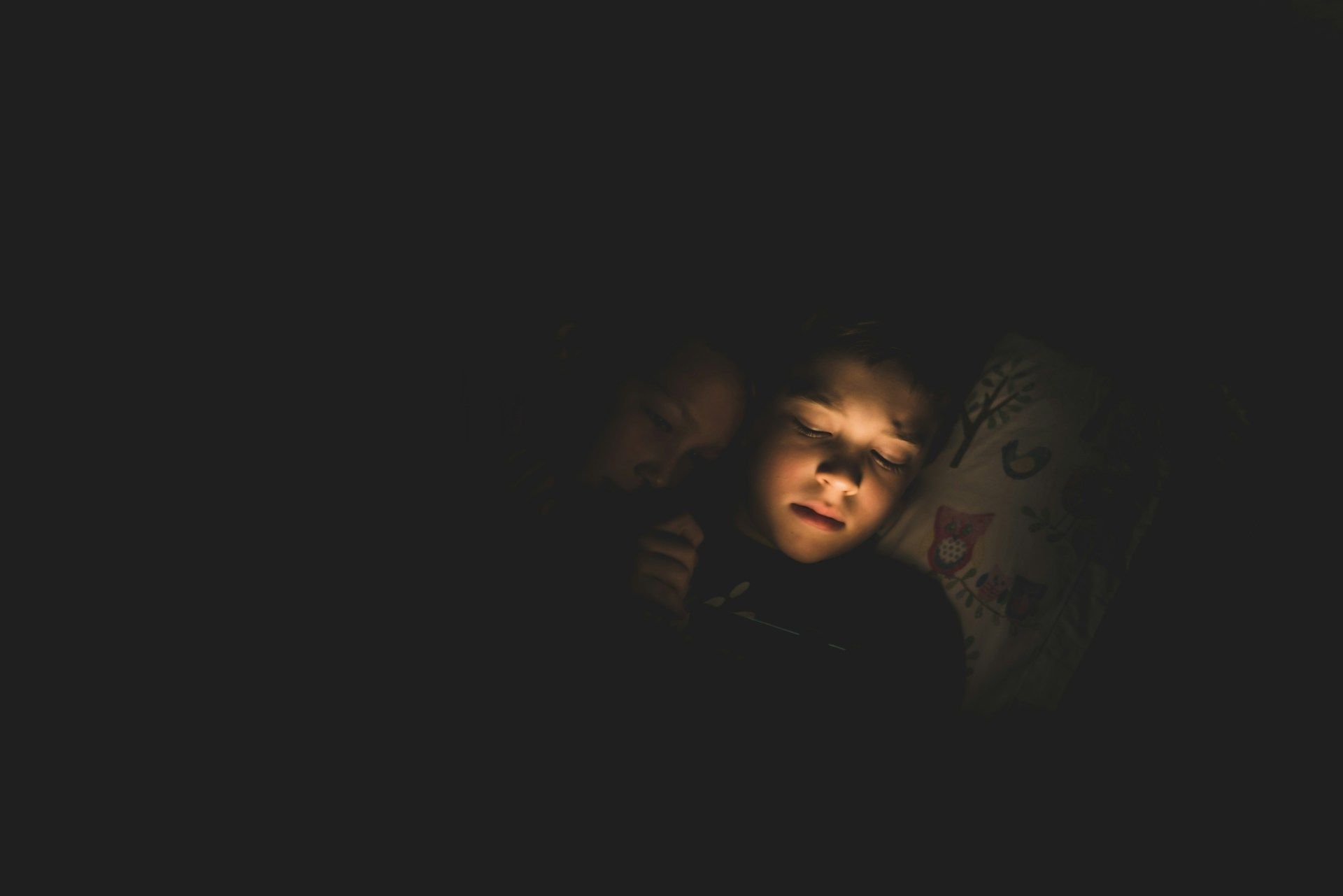
Sleep apnea is a widespread sleep disorder that affects people of all ages, including children. While sleep apnea in adults is well-documented, the prevalence and impact of the condition on children remain less understood. As a result, many young sleep apnea sufferers go undiagnosed and untreated, facing long-term consequences on their health, development, and well-being. At The Center for Sleep Apnea and TMJ, Dr. Cameron Kuehne and our dedicated team are committed to raising awareness of pediatric sleep apnea and providing effective treatment solutions to help children lead healthy, well-rested lives.
In this article, we will discuss the unique challenges and symptoms associated with sleep apnea in children. We will also share practical tips for parents and caregivers to identify signs of sleep apnea in their youngsters and explore treatment options available to help children achieve better sleep and improved health.
If you suspect your child may be suffering from sleep apnea, this informative blog post can provide valuable insights and guidance backed by Dr. Cameron Kuehne's expert knowledge in the field. Join us as we delve into the critical yet often overlooked issue of pediatric sleep apnea, its impact on young lives, and the comprehensive treatment strategies available at The Center for Sleep Apnea and TMJ.
Silent Sufferers: Identifying Signs of Sleep Apnea in Children and How The Center for Sleep Apnea and TMJ Can Help
Recognizing the Symptoms of Pediatric Sleep Apnea
Sleep apnea in children can manifest differently than in adults, making it crucial for parents and caregivers to be aware of the unique symptoms that can signal the presence of the disorder. Here are the most common signs suggesting sleep apnea in children:
1. Snoring: Loud and persistent snoring is often a telltale symptom of sleep apnea in children. While occasional snoring may be harmless, it's essential to monitor the frequency and consistency of your child's snoring.
2. Gasping or Choking Sounds: Sleep apnea can cause children to gasp for air or make choking sounds during sleep as they struggle to breathe.
3. Restless Sleep: Children with sleep apnea may toss and turn throughout the night due to discomfort or difficulty breathing.
4. Frequent Nighttime Awakening: Sleep apnea can lead to multiple sleep interruptions, causing your child to wake often during the night.
5. Bedwetting: Sleep apnea can be a contributing factor for nighttime enuresis or bedwetting in some cases.
6. Daytime Sleepiness: Insufficient sleep caused by sleep apnea can lead to excessive daytime sleepiness, making it difficult for your child to stay awake and alert during the day.
7. Behavioral Issues: Poor sleep quality resulting from sleep apnea can contribute to irritability, lack of focus, and other behavioral problems in children.
8. Slow Growth and Development: Chronic sleep deprivation in children can disrupt natural growth hormone production, leading to issues with growth and development.
The Importance of Early Diagnosis and Intervention
Given the numerous physical, cognitive, and emotional consequences of untreated sleep apnea in childhood, early diagnosis and intervention are essential. Parents and caregivers who notice any of the above-mentioned symptoms should consult with a healthcare professional experienced in pediatric sleep disorders. Dr. Cameron Kuehne and our team at The Center for Sleep Apnea and TMJ can help identify the presence of sleep apnea in your child and provide a comprehensive treatment plan tailored to their needs.
Comprehensive Treatment Approaches for Pediatric Sleep Apnea
Treating sleep apnea in children requires a multifaceted approach that addresses the underlying causes and contributing factors of the condition. The following are the primary treatment strategies available for pediatric sleep apnea:
1. Tonsillectomy and/or Adenoidectomy: Enlarged tonsils and adenoids are common causes of pediatric sleep apnea. In such cases, surgical removal of these tissues can provide immediate relief and restore regular breathing during sleep.
2. Weight Management: Obesity is a significant risk factor for sleep apnea in children and adults alike. Helping your child achieve a healthy weight through proper diet and exercise can alleviate sleep apnea symptoms.
3. Sleep Hygiene: Establishing and maintaining good sleep habits, such as consistent bedtimes and wake times, screen-free periods before bed, and creating a peaceful sleep environment, can help improve sleep apnea symptoms in children.
4. Oral Appliance Therapy: Custom oral appliances can be an effective treatment option for some children suffering from sleep apnea, particularly those who are unable to undergo surgery or are not overweight.
5. Positive Airway Pressure (PAP) Therapy: While CPAP therapy is not a preferred option for children due to compliance issues, less invasive PAP therapies can be considered to help maintain an open airway during sleep in select cases.
6. Ongoing Monitoring and Support: Regular follow-up appointments with an experienced healthcare provider like Dr. Cameron Kuehne are crucial in managing your child's sleep apnea effectively, adapting treatment plans as needed, and providing support to both children and their families.
The Role of The Center for Sleep Apnea and TMJ
Our team of experts, led by Dr. Cameron Kuehne, is committed to providing comprehensive care for children diagnosed with sleep apnea. We understand the unique challenges faced by children and their families when dealing with this disorder and are dedicated to helping young patients achieve a healthier, happier future through personalized treatment plans and compassionate support.
Conclusion
Pediatric sleep apnea is a critical issue that demands attention, timely diagnosis, and effective intervention to help children achieve adequate sleep and prevent long-term consequences. Under Dr. Cameron Kuehne's expert guidance, our team offers comprehensive
sleep apnea treatment in Meridian, ID, to meet your child's unique needs. If you suspect your child may be suffering from sleep apnea, don't hesitate to reach out to our dedicated team and take the first step toward a well-rested, healthier future for your loved one.

